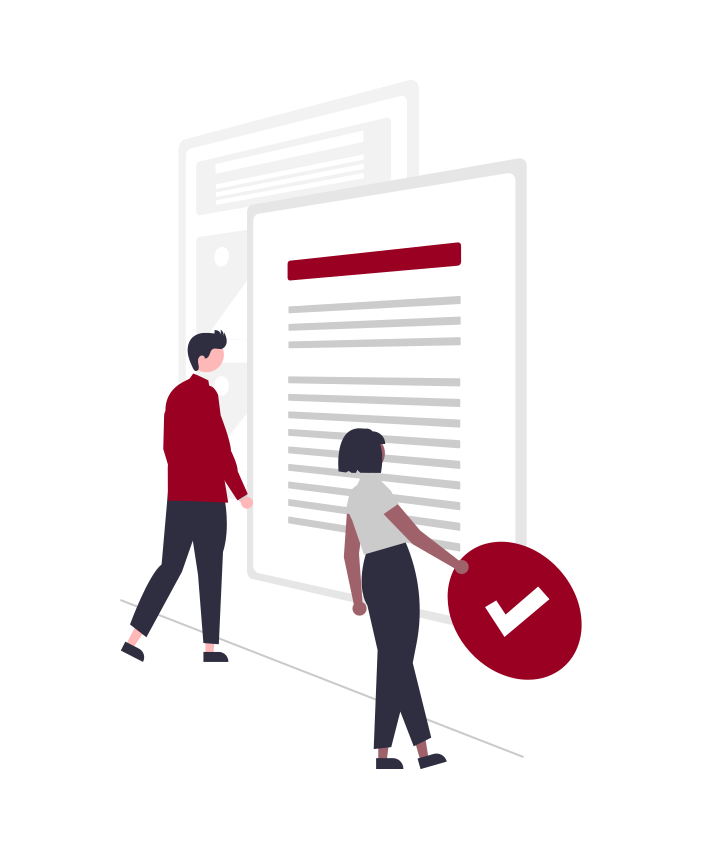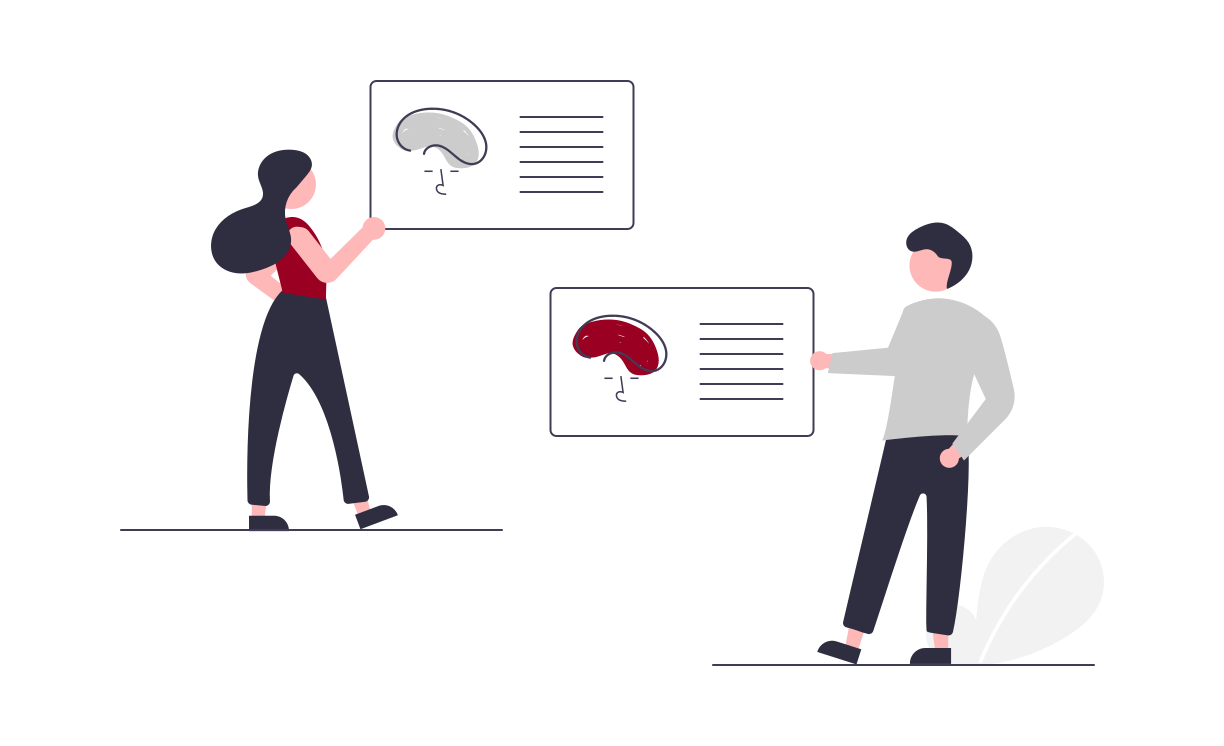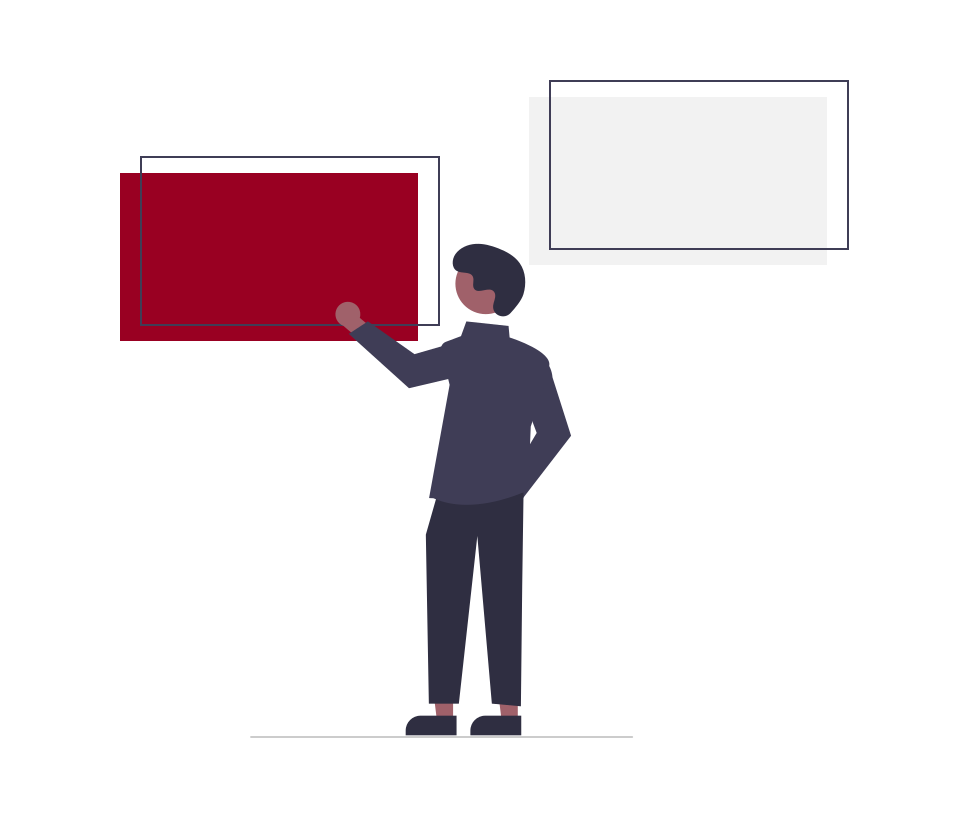Learn to tell your professional story by reflecting on your academic journey
The reflective essay portion of the portfolio is meant to help students articulate what they have learned, the skills they have developed along the way, and how these tools and experiences make them ideal candidates for the professional and academic opportunities to come after graduation from Bridgewater College





